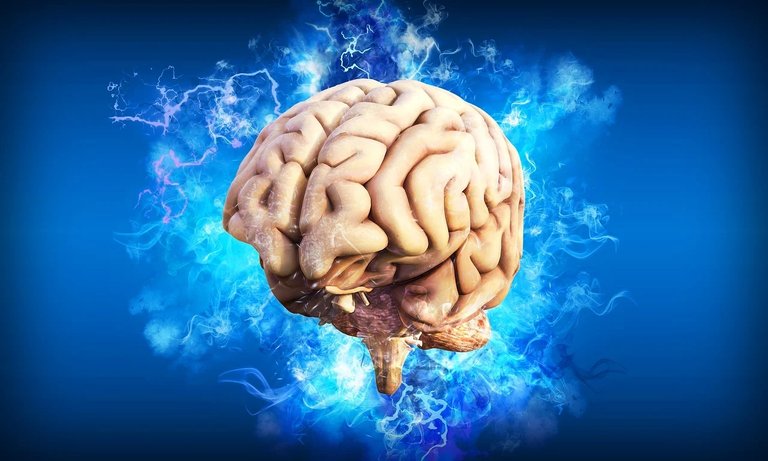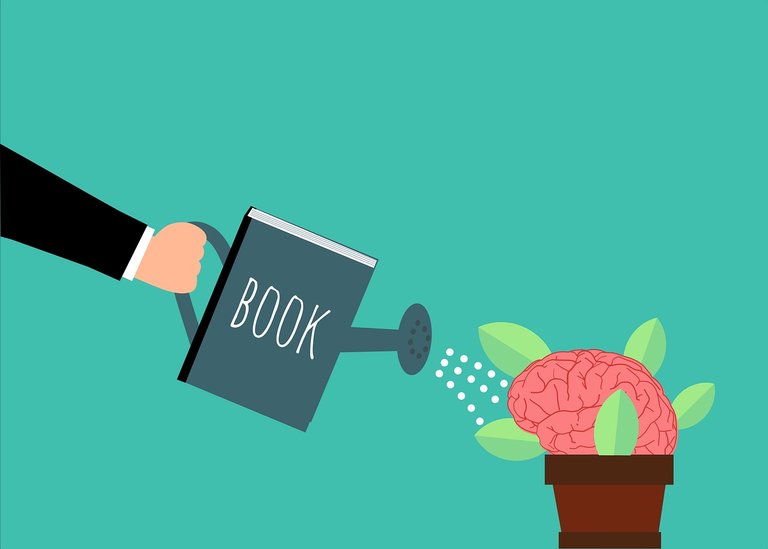Unleashing the Power of Neuroplasticity: Your Brain's Remarkable Superpower.
Hello, family! Yesterday, I discussed human intelligence and its influences from both nature and nurture. Today, I want to delve into something equally fascinating along the same lines. Inside the complex terrain of the human brain lies a fascinating ability called neuroplasticity. It's the brain's ability to reshape and reorganize itself, challenging the traditional notion that our neural pathways are fixed from birth. Now picture your brain as a dynamic landscape, constantly adapting to experiences, learning, and recovery, much like a sculptor shaping clay.

The Marvelous Adaptability of Your Brain
Unlocking Learning Potential:
Neuroplasticity reveals that the brain is not a static entity but a dynamic, ever-changing masterpiece. It adapts and rewires, allowing us to learn new skills, languages, and information throughout our lives. So it's important for us to embrace the journey of learning, knowing that our brain is a relentless student, eager for knowledge.
Overcoming Challenges:
Neuroplasticity becomes a beacon of hope in the face of adversity. Whether recovering from injury or adapting to life changes, the brain's ability to form new connections enables resilience. Scientific research demonstrates how rehabilitation and targeted therapies capitalize on neuroplasticity to aid recovery after brain injuries or strokes.
Harnessing Neuroplasticity
- Embrace Novel Experiences: Challenge your brain by engaging in new activities. Whether it's learning a musical instrument, picking up a new hobby, or traveling to unfamiliar places, novelty sparks neural connections.

Stay Physically Active: Exercise is not just for the body; it's a brain booster. Regular physical activity enhances neuroplasticity, promoting the growth of new neurons and improving cognitive function.
Mindful Meditation: This is my absolute favorite among them all. You must cultivate mindfulness through meditation. Studies suggest that mindfulness practices positively influence brain structure and function, contributing to enhanced attention and emotional well-being.
Social Connections: You must also nurture meaningful relationships. Social interactions stimulate various regions of the brain, fostering neuroplasticity. Engage in conversations, join clubs or communities on hive, and build a supportive social network.
Neuroplastic Triumphs
Phantom Limb Pain Relief:
Neuroplasticity is harnessed to alleviate phantom limb pain. By retraining the brain through mirror therapy and sensory feedback, individuals experience relief, showing the brain's adaptability.Language Learning Adventures:
Adults can indeed learn new languages. Neuroplasticity studies reveal that, contrary to previous beliefs, the adult brain can form new language connections, making it never too late to embark on multilingual journeys.
To put it simply, neuroplasticity is more than just a scientific idea; it's an invitation for each person to take charge. Imagine your brain as a constantly changing canvas, like an artist's easel, always prepared to craft a beautiful picture of personal development, strength in tough times, and countless opportunities. Don't underestimate the potential within yourself; instead, tend to your "neural garden" by taking care of your mind. By doing so, you'll witness remarkable changes and growth brought about by the amazing ability of neuroplasticity in shaping your life.
References and Further Studies
https://www.ncbi.nlm.nih.gov/books/NBK557811/
https://www.ncbi.nlm.nih.gov/pmc/articles/PMC6312586/
What a good write up.....I enjoyed it